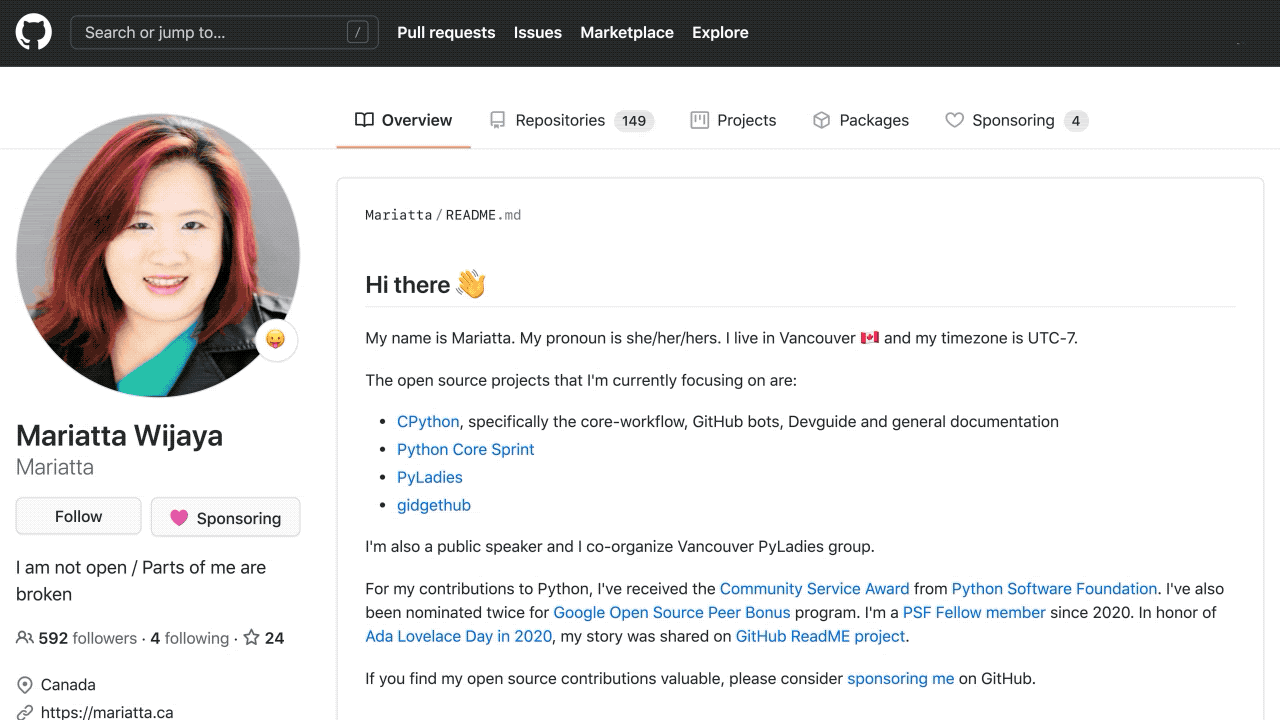Sometimes, to get a bigger picture of our place in the multiverse, technology is still bound by the spirit of open collaboration.
On 19 Apr this year, the Mars Helicopter Ingenuity on board NASA’s Perseverance rover successfully took off, making it the first-ever powered flight on another planet.
The solar-powered helicopter climbed to its prescribed maximum altitude of 10 feet (3 meters) and maintained a stable hover for 30 seconds. It then descended, touching back down on the surface of Mars after logging a total of 39.1 seconds of flight.
While the space agency’s wheeled rovers can discover much about the surface of the Red Planet, they cannot cover much ground quickly while circumventing rocky terrain. This is where low-level flight can fill in the gaps.
Ingenuity is said to weigh no more than a two-liter bottle of soda, and its large rotors spin six times faster than typical Earth-bound helicopters, controlled autonomously by software. The reason why we may not have heard much about this bot is because the Perseverance rover has received all the limelight!
The heroes of space code
The back story to Ingenuity’s well-deserved publicity is that, to aid in this historic achievement, NASA Jet Propulsion Lab (JPL) had utilized open source projects and ecosystems to assist in the building and operating of the helicopter. Working with NASA JPL, 12,000 developers helped contribute to the open source software utilized by NASA JPL for Ingenuity, and those developers will see a new Mars 2020 Helicopter Mission badge on their profile.
GitHub, the platform whose members facilitated this venture, is paying tribute to everyone behind the code that is pushing humanity’s space exploration ambitions forward.
According to GitHub Senior Director of Developer Relations, Martin Woodward: “Many of the people who are getting a badge probably have no idea their software is being used to fly a helicopter on another planet. What we find is that there’s a hierarchy of dependencies. A single project might have 10 or fewer dependencies, but they spider out from there, with each dependency relying on something else. Before you know it, you have an incredibly large number of people who have contributed to a project.”
Practically all software systems shipping today apparently rely on open source components, to which Carol Willing, a core contributor to Python, commented: “Much like dropping a pebble in a lake, your small contribution then ripples out to have a much larger impact. That’s one of the beauties of open source: someone else can take your good work and make it even more powerful and meaningful.”
Open sourced black holes?

Another first in human cosmological achievement has also been linked to open source contributors. Imagine, despite researching and theorizing black holes for decades, scientist had never actually caught a visual image of any.
While a global network of telescopes have been built to record a huge amount of disparate data of night skies, this data contained much unneeded ‘atmospheric noise’ and processing in order to yield a usable image of any black hole that may have been captured. The computation algorithms needed to grind the data did not exist, and the C programming language was being stretched to its limits.
This was when open source tools such as Astropy, Jupyter, Matplotlib, Numpy, pandas and SciPy—part of the non-profit open source platform NumFOCUS—were used to complement Python to speed up iterative processing of the unique data. Eventually, 21,485 open source volunteers worked on the codes that helped to turn the data into a coherent image of a black hole at the center of a galaxy named M-87 located 55 million light years away.
Eliminating MOUs, encouraging collaboration
With typical large-scale commercial projects of this nature, had the coding been outsourced as contracts, it may have required “months or years of negotiations and a Memorandum of Understanding,” according to one open source expert, Karl Fogel: “Open source is a great way for governments and industries to route around the bureaucracy that would normally stop them from collaborating.”
Ingenuity and other space exploration projects are powered by a universe of open source software, according to the ReadMe blog in GitHub. “There are countless opportunities to advance human progress using the skills you already have. Your code could explore alien landscapes, model climate change, or solve health crises,” said Willing.

